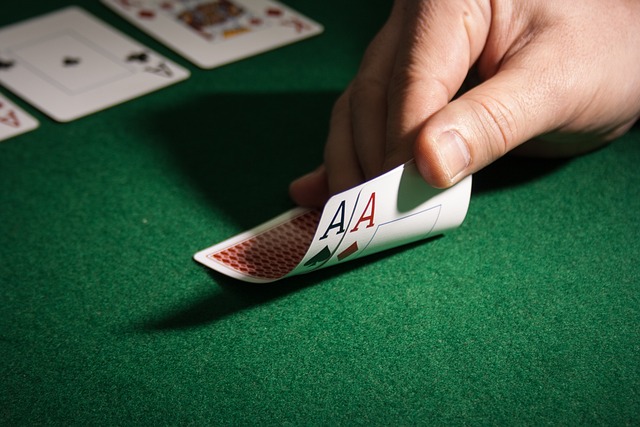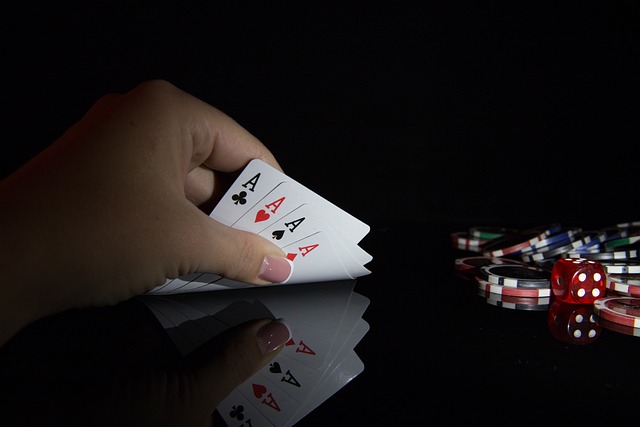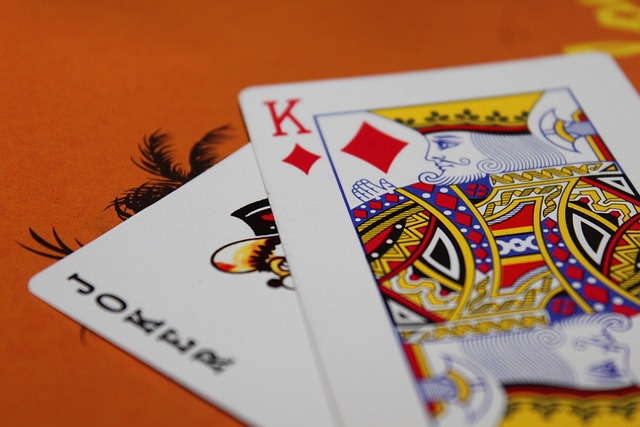The poker bluff is one of the main weapons, in each poker session any player by calling it when he understands he cannot win the showdown. However, the advice of specialists is to rely on this play very often and, above all, not to do it if you are at the beginning of the road. In this article we will try to make a complete guide of the bluff: when and why to remove this movement from “jobben”, how to maximize the chances of not being paid, the factors you have to consider and other aspects essentials on which the success of such a maneuver depends.
Bluff in poker at beginners

All specialists agree that beginners should rarely use the bluff. The basic idea, which you will understand alone, has to do with the risk-recompensation ratio. In the long term it is not advantageous to try to “steal” constant pots, without preparing the movement, for the simple reason that you will be paid several times than you will be able to convince all opponents to fold.
Only the first steps were taken in poker, so that, respecting Bankroll Management (you do not have to burn the stages, but to grow naturally, starting from stakes or small buy-in), you should have enough arguments to grow . In small stakes, you will generally have opponents who in turn do not have thorough notions about Hold’em. As such, even if the board and logic in which the hand was held should tell them that they are beaten, they remain extremely unpredictable. It is much easier to make a successful bluff against a good player than against one who barely knows the Poker ABC.
In the first stages of learning of the game, it is much more important to assimilate the basic notions, so that only then move to the next level and try players. As such, our advice is to evolve generally in the book, to learn what hands you allow you to enter pots and what are the dangers you expose, to be extremely disciplined, attentive to the action at the table (to know your opponents) and, last but not least, to know when to play and when it is justified to continue to play according to the raise made by the others and how much has been invested in Pot.
Thus, you will understand relatively quickly the mechanism of the game and you will find that almost nothing should be done at random if you want to be successful. Bluffs are an intermediate stage in the evolution of a player, so it is much less toxic to anyone at the beginning of the road if it takes everything gradually, in the natural logic of things.
Use Quick Bluff

Of course, there are exceptions in which you can test your opponents and abilities to deceive them. These are allowed, because the risk you take is a small one and you can develop certain skills, you can learn something about the art called “bluff”.
Rapid bluffs, in an approximate translation in Romanian, also bears the name “SMAL BALL” (I talked about SMALL BALL STRATEGY, an increasingly fashionable tactic, here) and refers to the small raises you can Yes at one point in a I can so that you have access to those sheets without a fight. You have the opportunity, with a minimum raise, to “steal” a small or medium, based on clear information received from opponents. These bluffs are also the most common in poker, being widely used: the risk is minimal, but the reward is not one to save your evening or tour.
To better understand what these “quick-bluff” means we will relate to an example at hand. Suppose you played from Button a book that has nothing to do with the flop you see: q romb – q drop – 5 trefle. The other three players who are in I can check up to you, which is limited to:
Someone may have played a “Q” and have a monster hand, but use the slowplay to gather more sheets.
Nobody has anything at this time and everyone is ready to give up the flop, especially since it had not been invested before the first three common books appear.
Obviously, from a mathematical point of view, the “B” variant will meet more frequently, given that of all the remaining books there are only two popes. As such, a small raise here is fully justified, because, most of the times, you will win sheets without a fight. The fact that you ask very little does not mean at any time in the acceptance of others that you want to “steal”, so you would have proceeded almost for sure and with a “Q” in your hand, because you would need the pot to increase. A “Hero Call” on the part of the opponents is not justified, given that the stake is low, not many pre-flow faces. In addition, there is no draw available, so most of the time an action here ends your hand: you use the power of position and you win sheets without a shodown.
